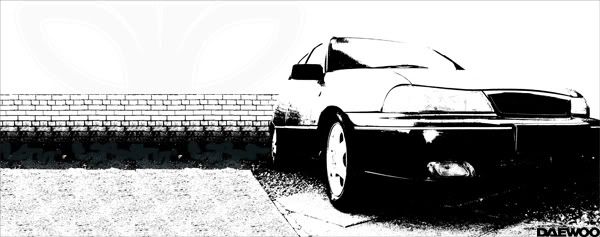Basicly this is just simple Electrolysis...... O2 gas will form at the anode and H2 gas will form at the cathode..... nothing special or unique here.... for anyone who doesn't know what electrolysis is.....
http://en.wikipedia.org/wiki/Electrolysis_of_water
So.... as far as engines go... hydrogen injection is a bad idea on gasoline engines but a good idea on diesel engines
You might say "why is it good for diesel and bad for gasoline?"
Well the answer is simple.... diesel burns slow.... and it's ignited by creating a detonation of the air/fuel.
The big problem with a diesel is that it quite often can not burn the fuel quick enough.... so that's where propane and hydrogen injection systems help.
Basicly the injected propane or hydrogen helps the diesel burn..... so you get more power and better fuel economy.
Ok.... now.... in gasoline engines we don't want quick..... we want slow..... gasoline burns way way way quicker than Diesel fuel.
In fact..... high octane fuel will burn slower than low grade fuel.
Now..... detonation is good in Diesels.... but very bad in gasoline engines.
So.... if you add hydrogen injection in a gasoline engine you basicly make the fuel burn quicker.... and it can cause detonation.
Yes... there might be a very slight power gain but your risking detonation and therefore you are risking damage to your motor.
If you get any kind of hot spot the hydrogen will preignight and start the Air/fuel burning well before the piston hits Top Dead Center.... which is when pistons break and connecting rods bend.
So I hope you get it....... diesel burns slow so it helps to speed up the burn with hydrogen..... gasoline burns fast and adding hydrogen may cause detonation.
If you have a diesel.... then Hydrogen injection is a really good idea.... studies have shown that big rigs can increase their fuel economy by as much as 10% which means that a pile of fuel is being saved and it's better for the environment.





